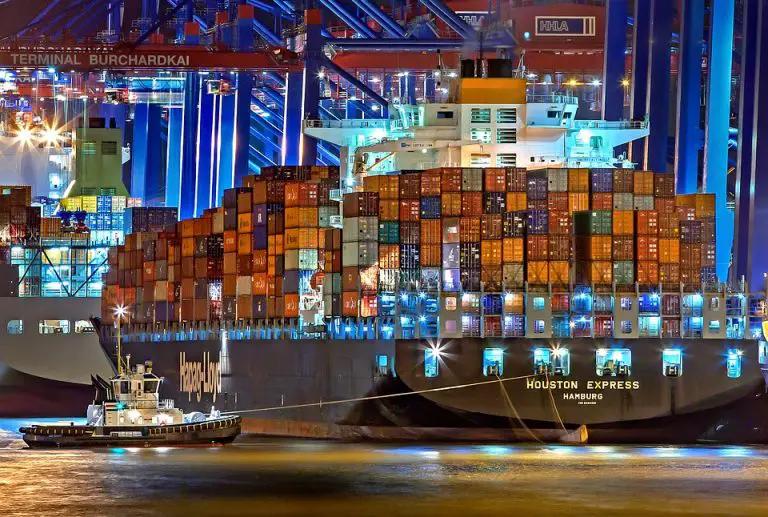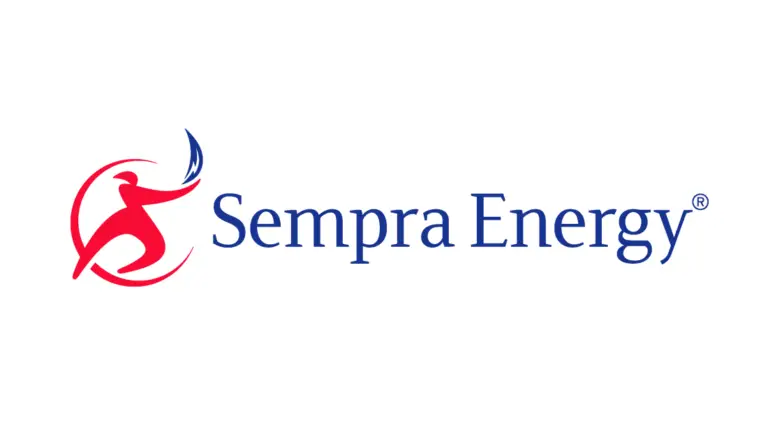Hapag-Lloyd Introduces IMO 2020 Transition Charge To Cope With Additional Costs

Hapag-Lloyd Introduces IMO 2020 Transition Charge To Cope With Additional Costs
With the sulphur cap 2020 that will be introduced by IMO, Hapag Lloyd is taking various actions to comply with the new regulations that are to come up. Making changes to meet IMO 2020 is going to make costs higher for the entire industry.
IMO 2020 Transition Charge (ITC) will be introduced by Hapag Lloyd for contracts that are for a short term from 1st December 2019 in order to cover the rise in fuel prices and transitional operation expenses.
“Switching from high-sulphur fuels to the new low-sulphur fuel will inevitably result in higher fuel prices in the short term. Volatility is also expected to increase, particularly during the transition period. Given these circumstances, we will implement the ITC to cope with the additional costs as well as to have a sustainable and transparent method of pricing our services for our customers,” explains Rolf Habben Jansen, Chief Executive Officer of Hapag-Lloyd.
All kinds of cargo and spot business that have a validity of 3 months will have the ITC applied to their freights. However, ITC will not affect the tender business.
Reference: hapag-lloyd







